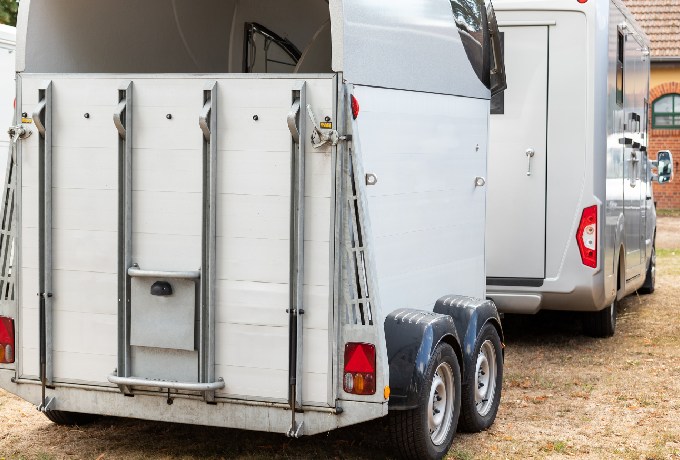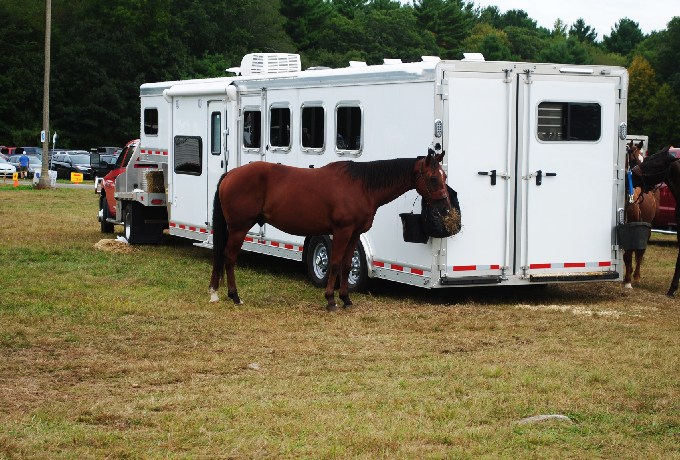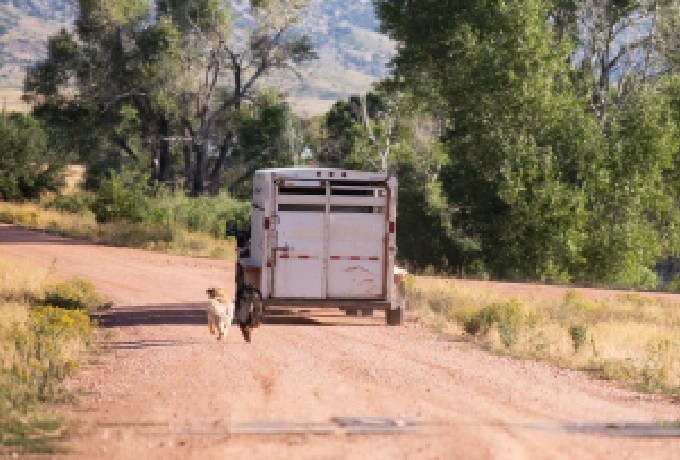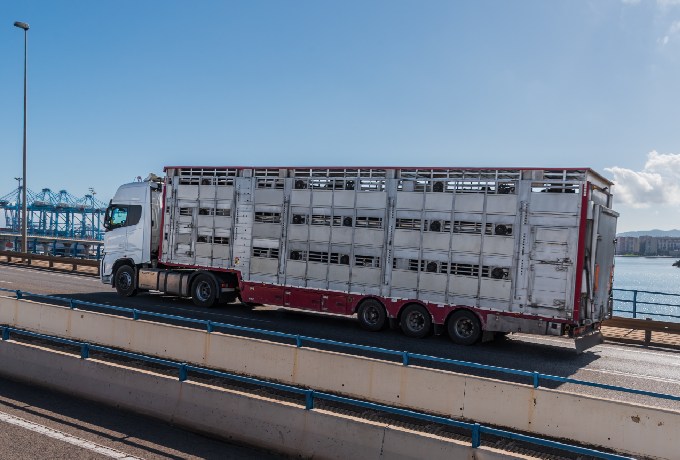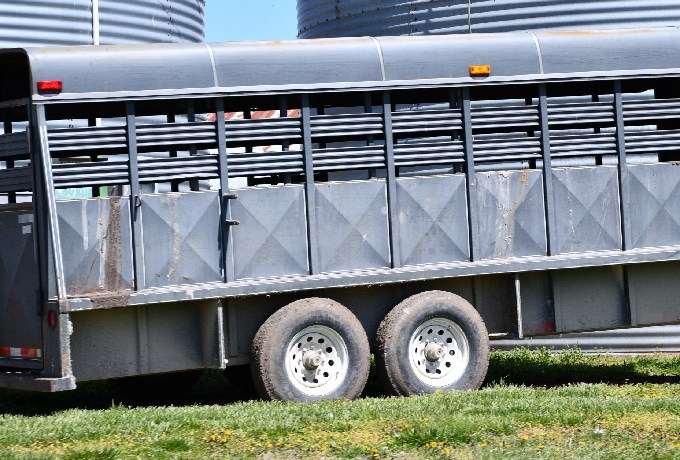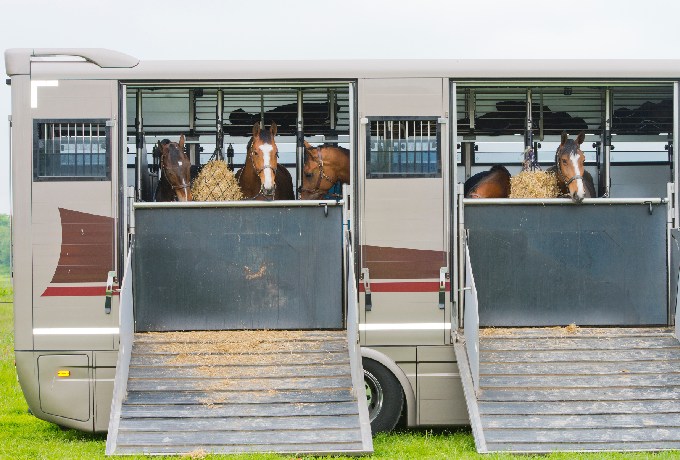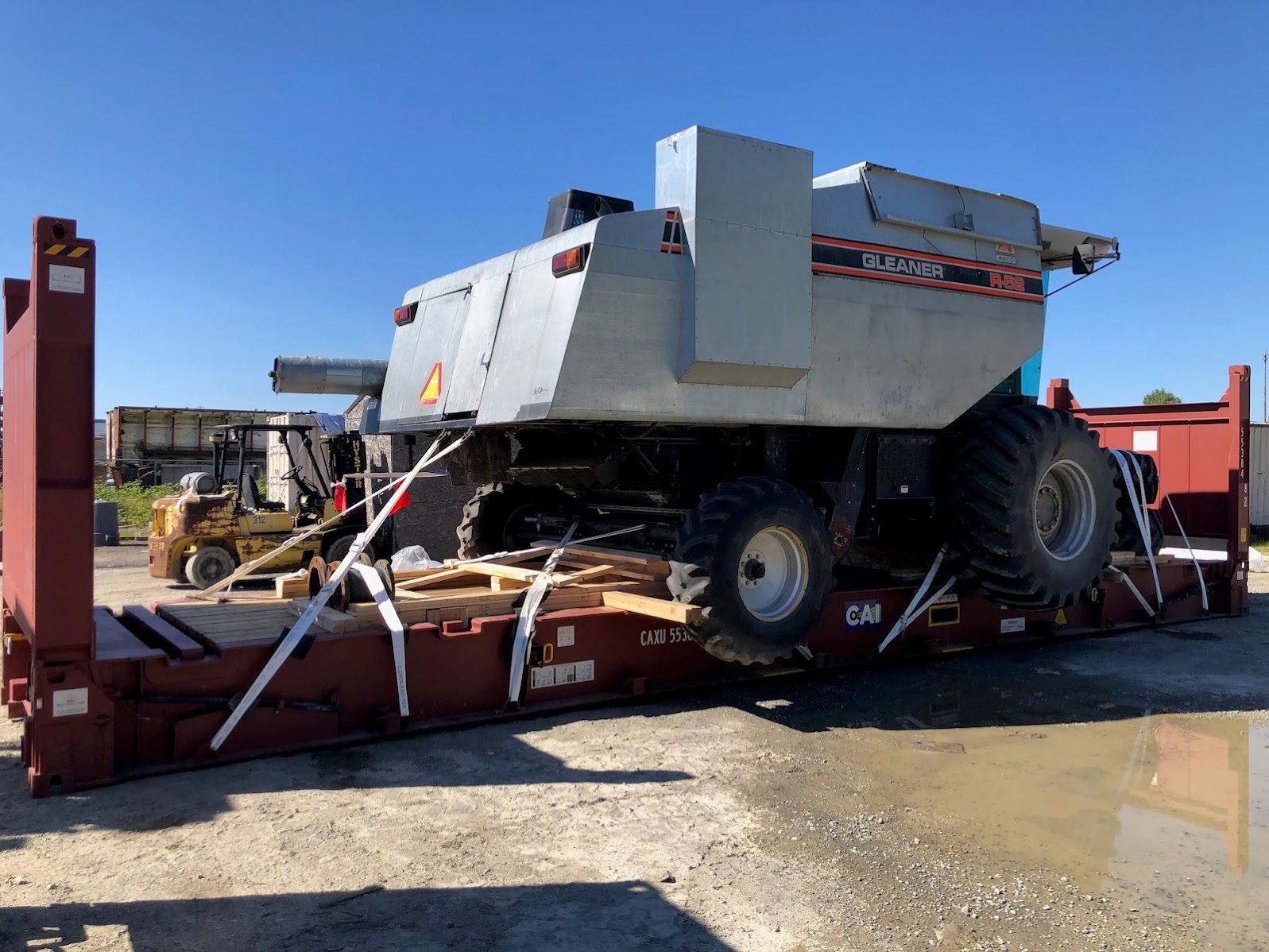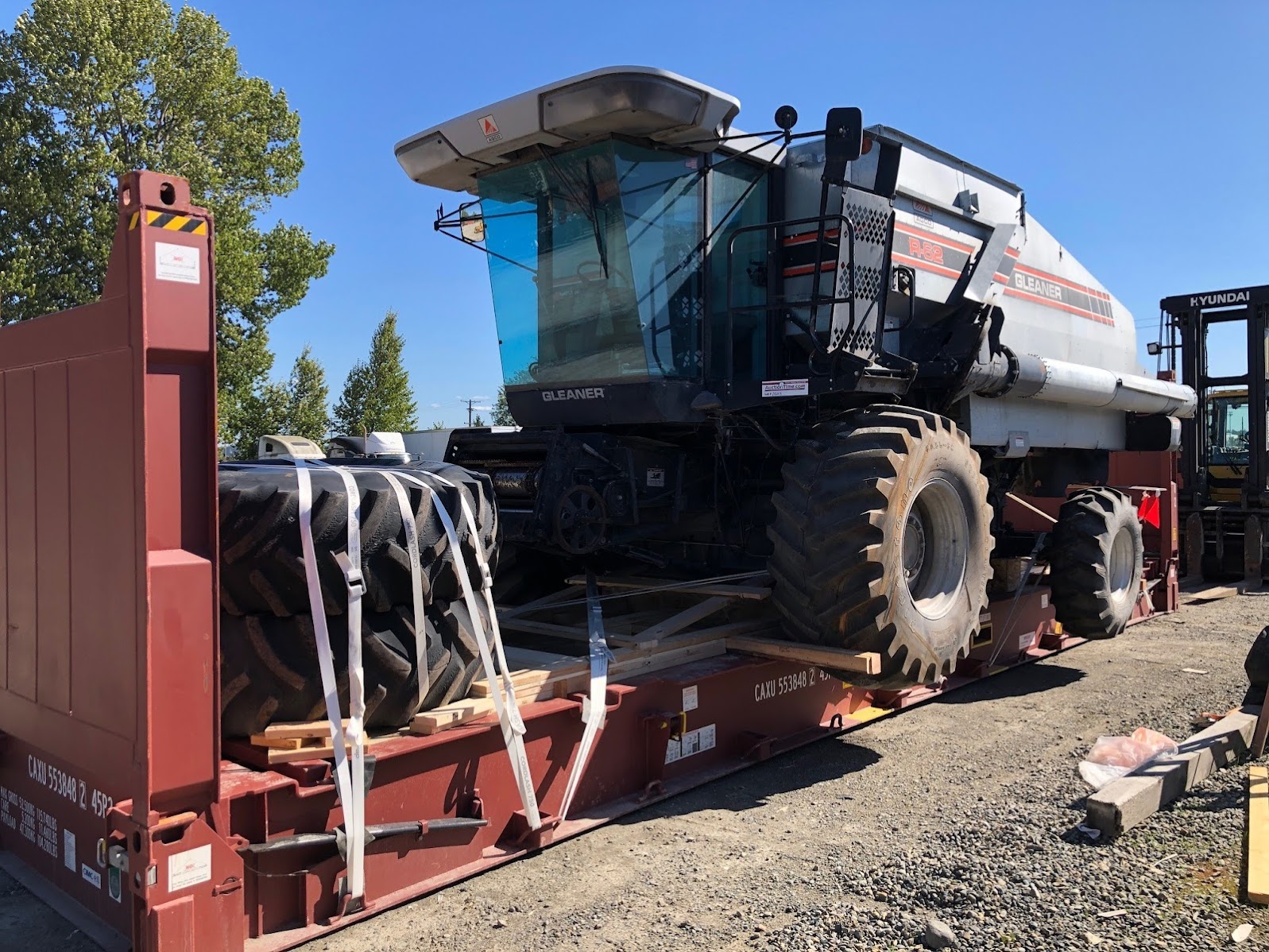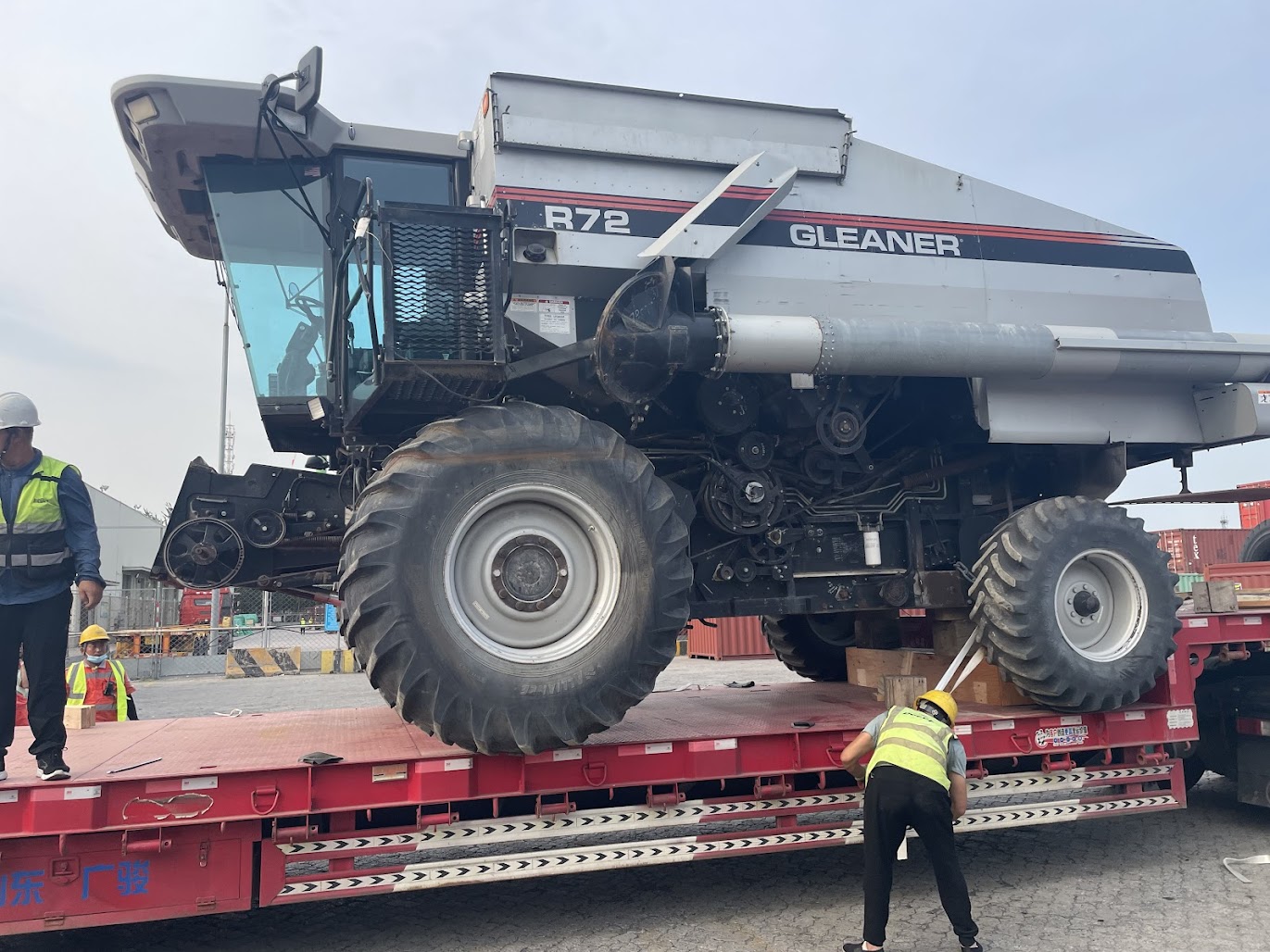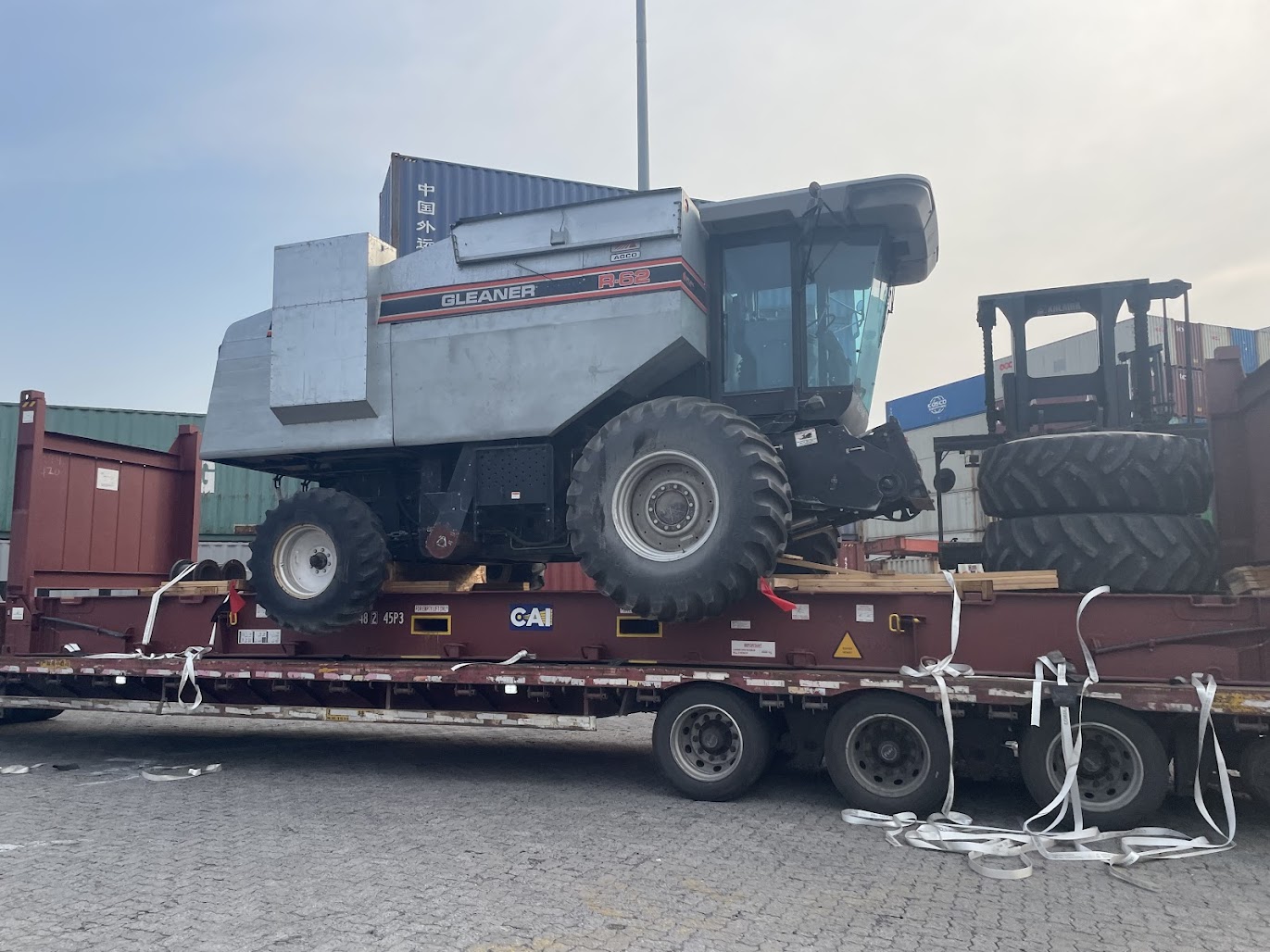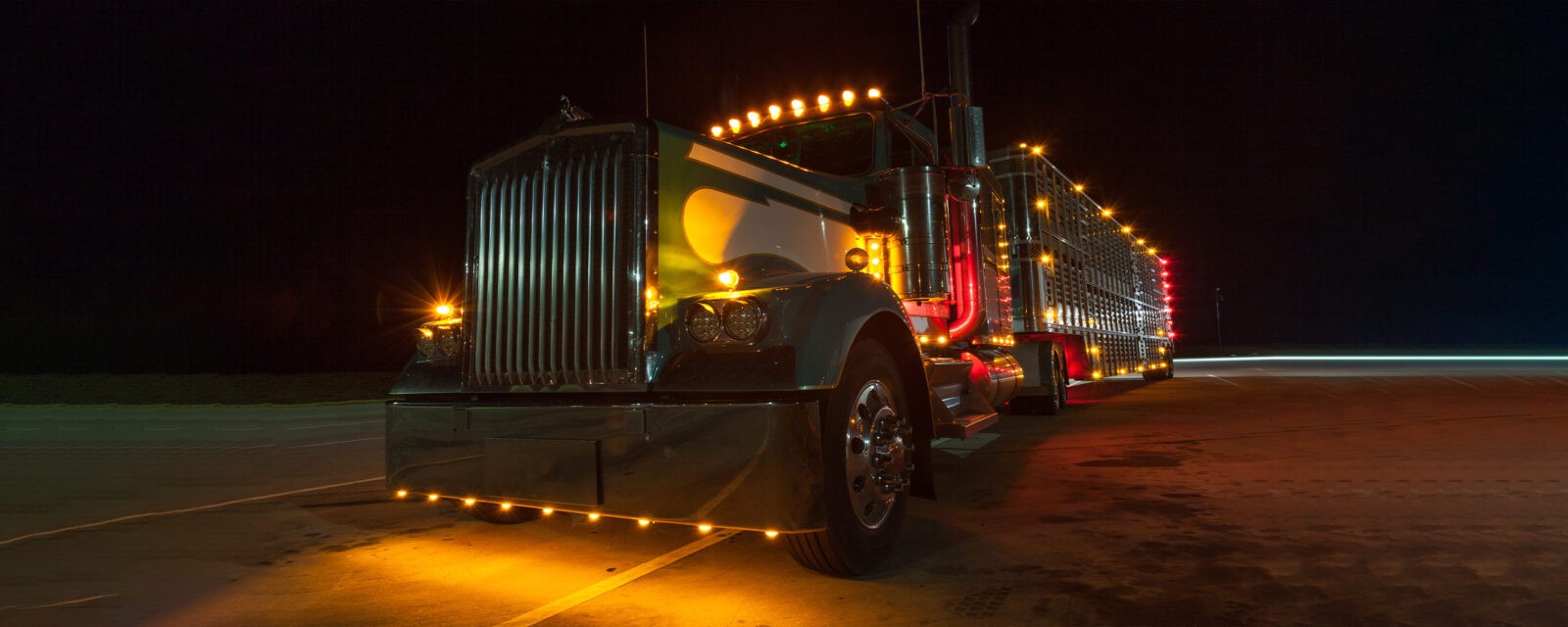
Livestock trailers (also known as stock or cattle trailers) are a vital part of the agricultural industry. It is used to transport animals between farms, markets, and processing facilities.
But to get the job done, this equipment should be delivered to your place. Atlantic Project Cargo is here to help, and we can assist with machinery transport, especially livestock trailer shipping. We offer the best prices, fast delivery, and excellent service! Get your free quote today!
Modes of Cattle Trailer Transportation Services Offered by Atlantic Project Cargo
Ground
For domestic or short-haul international shipments, our company offers reliable ground livestock trailer transport services. This includes:
- Truckload shipping
- Flatbed transportation
- Specialized equipment
Ocean
For long-distance deliveries, Atlantic Project Cargo provides efficient ocean freight solutions:
- Roll-on/Roll-off (RoRo) shipping
- Containerized shipping
- Breakbulk shipping
Air
When time is of the essence, we offer rapid air freight services:
- Air charters
- Commercial airline cargo
Get Your Free Quote Today!
How to Ship Heavy Equipment via Ocean Freight?
Why Choose Atlantic Project Cargo For Livestock Trailer Shipping?
Get your free quote today, if you are looking for livestock trailer delivery services!
How Much Does it Cost to Ship a Livestock Trailer?
Mode of transportation: Air charters are more expensive than ocean or ground transportation
Distance: Shipping equipment across the country would be cheaper, than transporting it overseas
Additional expenses: Such as insurance, permits, customs duties, and so on
Size and Weight: The heavier the machinery, the higher the cost
Season: There are high and low seasons in shipping, and they affect the final cost
International Shipping of Livestock Trailers
Roll-on-Roll-off (Ro-Ro)
It’s a method of shipping where machinery is driven directly onto and off a ship
Full-Container Load (FCL)
This means the entire container is dedicated to your cattle trailer shipment. It’s a popular choice for shipping equipment due to the protection and control it offers
Flat Rack
Excellent choice for transporting equipment, especially those that are oversized or have dimensions exceeding standard container limits
Air Cargo
The fastest method for transporting equipment or its parts, but it is high cost
International Shipping Compliance, Regulations, and Restrictions for Livestock Trailers
The rules differ from country to country, but the common ones are:
- Export control (ITAR, EAR, and so on)
- Import regulations (Tariffs & duties, non-tariff barriers, safety standards, customs clearance)
- Transport regulations (Shipping documentation, dangerous goods regulations, weight and dimensions restrictions, insurance and others)
- Technical standards (differences in safety standards, emissions, and noise regulations)
- Phytosanitary certificates (Required for machinery to prevent pests and diseases)
Cattle Trailer Moving Services Across The Country
Flatbed
These trailers offer a basic, open platform for securing and livestock trailer hauling
Step-Deck
Lowered rear platform, provides the necessary clearance to transport equipment legally without requiring special permits
RGN
Their most significant advantage is the ability to carry high loads
Restrictions on Moving Livestock Trailers
Moving machinery over long distances comes with restrictions and regulations, such as:
- Road regulations (Speed limits, width and height restrictions, road use permits)
- Transport regulations (oversized load permits, escort vehicles, route planning, insurance)
- Additional regulations (seasonal restrictions, weight limits, local regulations)
Google Reviews
Frequently Asked Questions
Yes, we offer both domestic and international equipment shipping services.
The shipping time depends on the distance, chosen transportation method, and any potential delays. We offer estimated shipping times during the quote process.
Yes, we offer comprehensive insurance coverage to protect your equipment during transit.
The required documents vary depending on the shipping destination. Generally, you will need a bill of lading, commercial invoice, and possibly export/import permits. Our team can assist you with the necessary documentation.
Yes, we provide door-to-door pickup and delivery services for your convenience.

